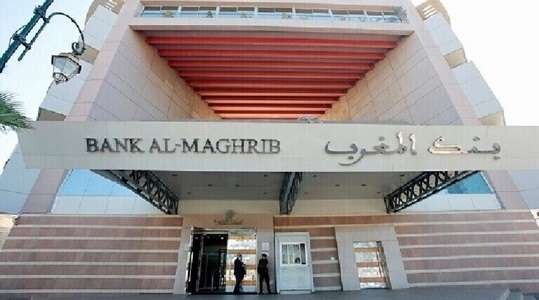The World Bank predicted that the growth of the Moroccan economy will accelerate to 3.1 percent in 2023, from expectations of growth of 1.3 percent in 2022, thanks to the recovery of the agricultural sector.
According to a World Bank report on Morocco, the Moroccan economy came under increasing pressure last year due to overlapping supply chain shocks, drought, and increased commodity prices. Risks exist due to geopolitical tensions, including the war on Ukraine, a slowdown in the activities of Morocco's main trading partners in the Eurozone, and possible new climate shocks.
Morocco adopted a package of policies, which included general subsidies for basic foodstuffs and no increase in the prices of organized goods, which led to partial stabilization in the prices of goods and services, which account for 25 percent of average household expenditure.
Despite these measures, the most vulnerable households continue to suffer the most from the effects of rising food and other prices due to inflation. In December, Morocco's central bank raised interest rates by 50 basis points to 2.5 percent, up from 2 percent, in an attempt to brake high inflation stemming from the fallout from the war in Ukraine and drought. The central bank expects growth to accelerate to 3 percent in 2023 with the assumption of a return to average cereal production.
Source (Anadolu Agency, Edited)

